Deciding to take a gap year is a big decision! Now that you’ve started researching your many gap year options, you’re probably coming up with more questions than answers.
If I had to guess, you’re probably wondering about things like how to get your parents on board, whether or not you want to earn college credit while abroad, how to pay for your gap year, and how to fit everything into one backpack (check out our packing tips here).
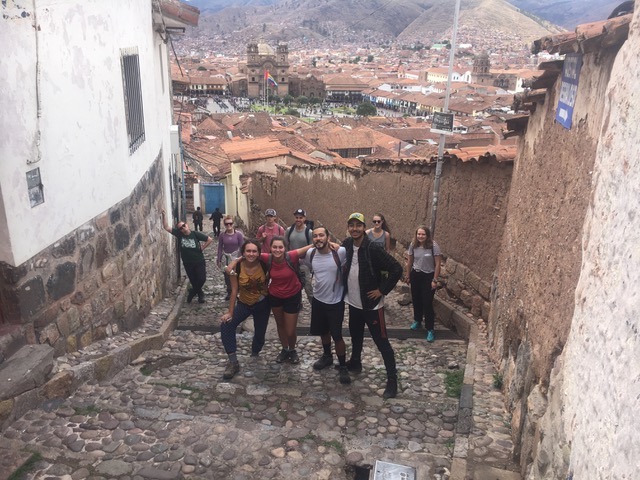
You (or your parents) may also be wondering…
- Is it safe to travel right now?
- What if I don’t speak the local language?
- How can I stay in touch with my friends and family while on a gap semester or year if I can’t bring my cell phone?
If these are questions that you’re considering, you’re not alone. Rest assured, we’ve got your back! Read on as we address these each of these three questions. And then give us a call so we can answer any other gap year questions you have!
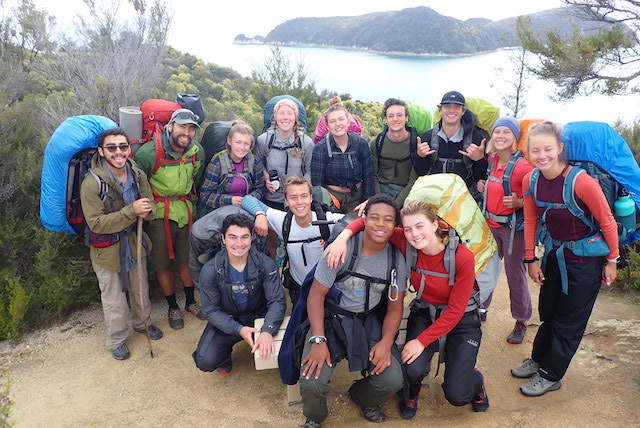
Question #1: Is It Safe to Travel Internationally Right Now?
The wellbeing of our students and staff on our gap semester and Latitudes Year programs is our highest priority. At Carpe Diem, we steer away from using the word safe because we acknowledge that the world is a dynamic place and it is impossible to always guarantee safety.
One of our most important program components is teaching students how to be savvy travelers.
We want you to feel comfortable traveling all over the world! To help you become a savvy traveler, your Overseas Educators will help you learn how to do things like navigate unfamiliar public transportation systems, comfortably interact across languages and cultures, and strike a balance between being aware of and enjoying your surroundings. The more travel skills you develop, the more confident you’ll feel exploring the world.

We also do our utmost to support our gap year students by:
Enrolling all students in the US State Department Smart Traveler Enrollment Program (STEP), which provides the latest updates and information pertinent to the places the students are traveling, including travel warnings and alerts. We also enroll all of our students and Overseas Educators in iNext travel insurance and this cost is included in your program tuition.
Hiring Overseas Educators who have extensive travel and leadership experience and hold current Wilderness First Responder certifications.
Conducting safety reviews twice a year and our Program Directors do a thorough review of safety reports and make recommendations and adjustments to itineraries as needed.
And so much more. You can read about everything we do to support our students’ health and safety here.
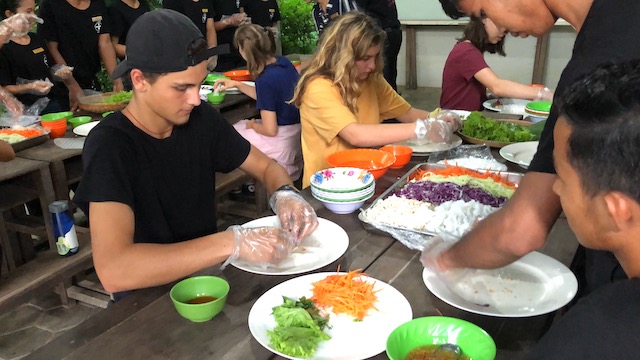
Question #2: What If I Don’t Speak Another Language?
No problem! You don’t need already speak another language in order to go on a CDE program.
An aspect of our gap semester and Latitudes year programs that students really enjoy is the opportunity to learn new languages. On our Spain and Morocco program, for example, you’ll learn basic Arabic. In India, you’ll get an introduction to Hindi. In Southeast Asia you’ll learn some Thai. And on both our South America and Central America programs, you’ll attend a Spanish language school.
Want to go further with your language study? Our Latitudes Year program is a great way to do that, since you choose where to do your Focused Volunteer Placement. Depending on what you choose, you could continue learning a language started during your group semester or continue working on language skills you honed before joining Carpe Diem.
When it comes to language learning, you’ve got lots of options, and we’re happy to help you figure out what would work best for you!
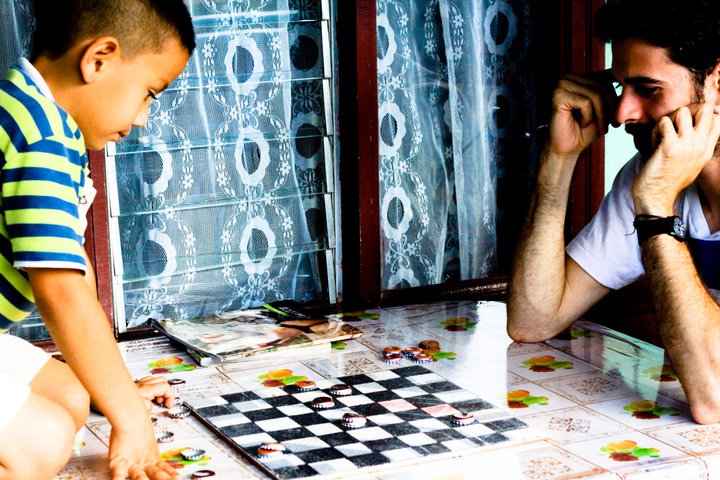
Question #3: How Can I Stay in Touch With Friends and Family If I Can’t Bring My Cell Phone?
We use our phones to keep in touch with our friends and family, too, so we get it!
On our programs, we ask students to actively challenge themselves culturally, personally, and emotionally while abroad. We believe that in order to effectively do so, students need to be engaged with their surroundings. Electronics/wifi compatible devices can undermine a student’s ability to engage with their environment.
“Unplugging” may seem difficult at first! We live in a culture that values and relies heavily upon technology, social media, cell phones, etc. But we can honestly say that most students report a sense of relief and gratitude for the opportunity to unplug, and oftentimes change their relationship with technology upon returning home.
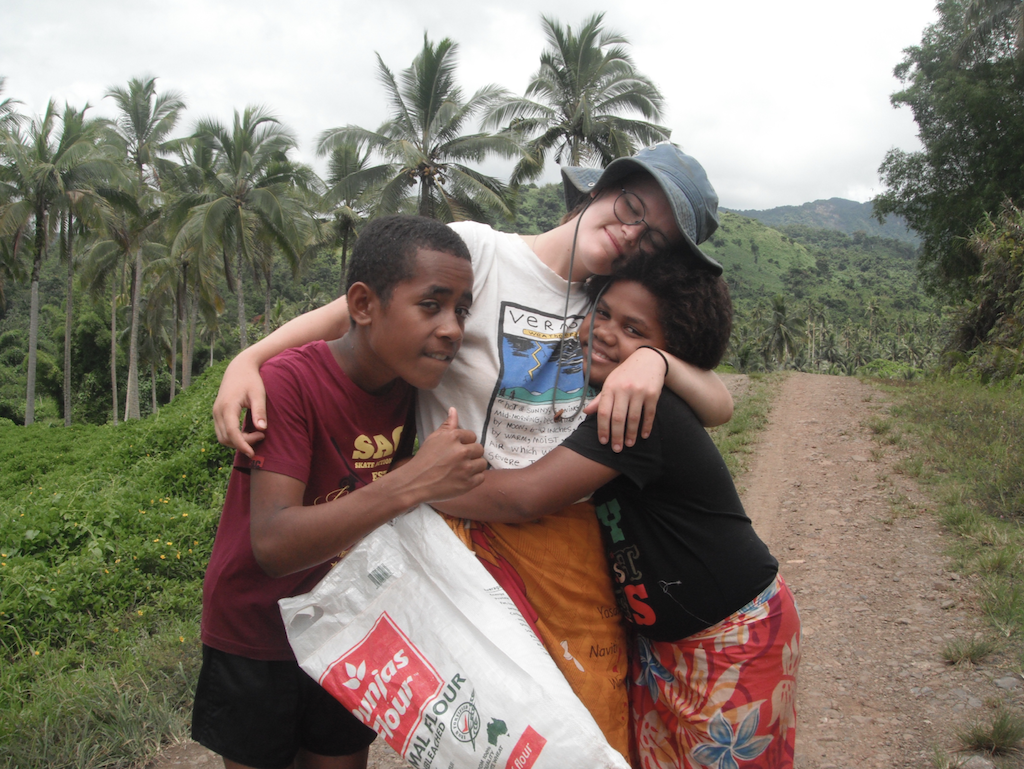
How can you stay in touch with friends and family while you’re abroad?
Well, you’ll have internet access about once per week. That means you can use computers at local libraries, internet cafes, or one provided at a local hostel. You’re welcome to use this time to email parents and friends, update social media, etc.
All of our groups also keep a blog that’s updated every seven to ten days with photos and reflections from the field. The blogs are written by students, and are a great way for your family and friends to follow along with the student experience.
So, while it might be an adjustment to be without your cell phone at first, you’ll have plenty of opportunities to keep in touch with friends and family while you’re traveling the world!
Got More Questions?
We love questions! Contact us here (or use the chat box) and we’ll answer all the questions you’ve got.
